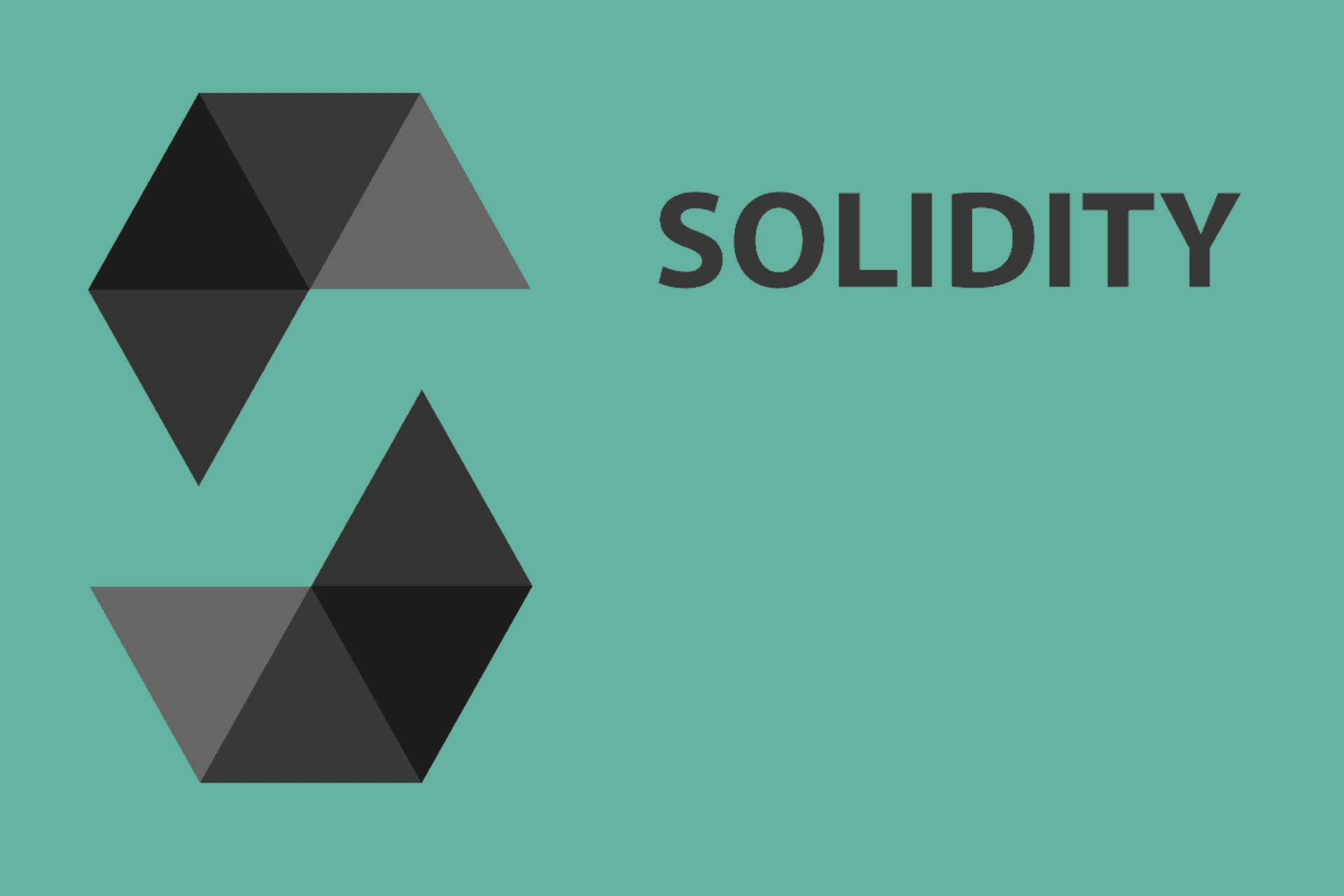Solidity is an advanced programming language used for implementing Ethereum-based smart contracts. It’s an object-oriented language that targets the Ethereum virtual machine (EVM).
This language is statically-typed and supports complex programming features such as inheritance and user-defined data types. You can use Solidity for different smart contract use cases such as voting, multi-signature wallets, and crowdfunding. Its designers regularly update the repository with the newest features and bug fixes.
It is designed on the ECMAScript syntax so that it’s easy to understand and code. It supports hierarchical structures and C3 linearization for multiple inheritances. Its mappings are done through key-value data structures.
You can use Solidity with crypto wallets such as Mist and MetaMask. You can also use Truffle to develop and deploy high-level Solidity code. Tools like these allow engineers to create decentralized applications (dApps) with minimal effort.
What Are Smart Contracts and How Do They Work?
Smart contracts are self-executing contracts that work on the blockchain. Once the blockchain ledger confirms that necessary transactions have taken place, smart contracts execute their predetermined conditions. You can use them for financial transactions, supply chain management, and identity verification amongst other things.
Most smart contracts use ERC20 or ERC721 tokens to issue them, but you can create custom contracts that don’t require a token before execution.
Smart contracts use oracles to ensure that all external conditional requirements are complete before processing transactions. An oracle acts as a medium between blockchain code and outside data and allows the blockchain programs to interact with data stores outside their network. Oracles can be hardware or software.
Even though smart contracts are highly powerful programs that automate the execution of an agreement, they are still programs. This means they are heavily dependent on their underlying code. If the underlying code is faulty, the resulting contract will have issues.
Solidity and Ethereum
Many blockchain engineers prefer Solidity because it works with Ethereum, the de facto blockchain protocol for smart contracts. It also allows them to build multifaceted apps with rich functionality since Solidity is Turing-complete (i.e., it can perform any task as long as it’s given correct instructions, enough time, and processing power).
You can use different methods such as setter, getter, and greetings to interact with Ethereum-based smart contracts. Once a contract is created, you need to link it to your crypto wallet and generate the smart contract wrapper. Once that’s done, you can use the smart contract address to perform transactions.
What Work Do Solidity Devs Do?
Solidity devs design, develop, and deploy smart contracts on Ethereum. They take client requirements, break them down, and translate them into workable functional use cases. They audit smart contracts and ensure their authenticity.
Solidity developers also work on integrating Solidity code on different platforms and developing new features for existing blockchain projects. Furthermore, they also automate business processes and work on platform security (fraud analysis, security scanning, etc.)
What Skills Are Required To Be a Solidity Dev?
Solidity is heavily influenced by languages such as JavaScript, Python, and C++, so engineers working on Solidity should know at least one of them as well. Solidity engineers should also know standard programming principles, such as DRY and KISS, and database management.
Smart contracts often involve sensitive data and monetary transactions, so Solidity devs should know about cybersecurity. They should also be highly efficient in network security and prevention of common cyberattacks, such as XSS and DDoS.
Solidity works on blockchain, which is why Solidity engineers should be well informed about blockchain protocols and tokenization algorithms, such as ERC721 and ERC20. In addition, engineers with knowledge of decentralized finance (DeFi) infrastructure and dApps are preferred, since these are required for creating advanced blockchain contracts.
Is Solidity Hard To Learn? Is It Worth Learning in 2022?
Solidity is a sophisticated language based on Ethereum. Even though you can design many use cases with OOPs concepts and pre-designed snippets, you must learn the basics of programming principles by working on languages such as Python or JavaScript. Once you learn those, it’s relatively easy to work with Solidity.
In recent years, blockchain has quickly gained popularity in different sectors. As per an estimate, the blockchain market is expected to climb to over US$39 billion by 2025. And this number is only going to increase after Web 3.0 implementation.
Web 3.0 is the third iteration of web development. It is a decentralized evolution of web technologies and is termed “the internet of the future” by the masses. It lays a strong emphasis on decentralized application development and blockchain-based web design. Solidity is on track to be a huge part of Web 3.0 application development due to its ability to create (and implement) smart contracts on different platforms.
What Should Beginners Know About Solidity Development?
Anyone starting in Solidity should know that smart contracts are immutable (i.e., you cannot change them after deployment). There’s no room for error while creating such contracts since transactions cannot be reversed. This also means that mistakes while creating such contracts expose your clients to legal and financial loopholes.
However, this feature can also be useful for establishing trust and determining the legitimacy of smart contracts. Once a contract is signed, you can be confident that its protocols won’t change unless its underlying code is altered, which requires the authority of both signing parties.
Beginners should also keep in mind loop issues and computations during development. Computations in Ethereum are a costly affair. You have to pay gas fees for each computational step that you perform and Solidity contracts can require many steps. These steps can also become a target for hackers since they can exploit them to create false DOS issues. Therefore, Solidity beginners should always keep loop issues and gas fees in mind while creating blockchain contracts.






